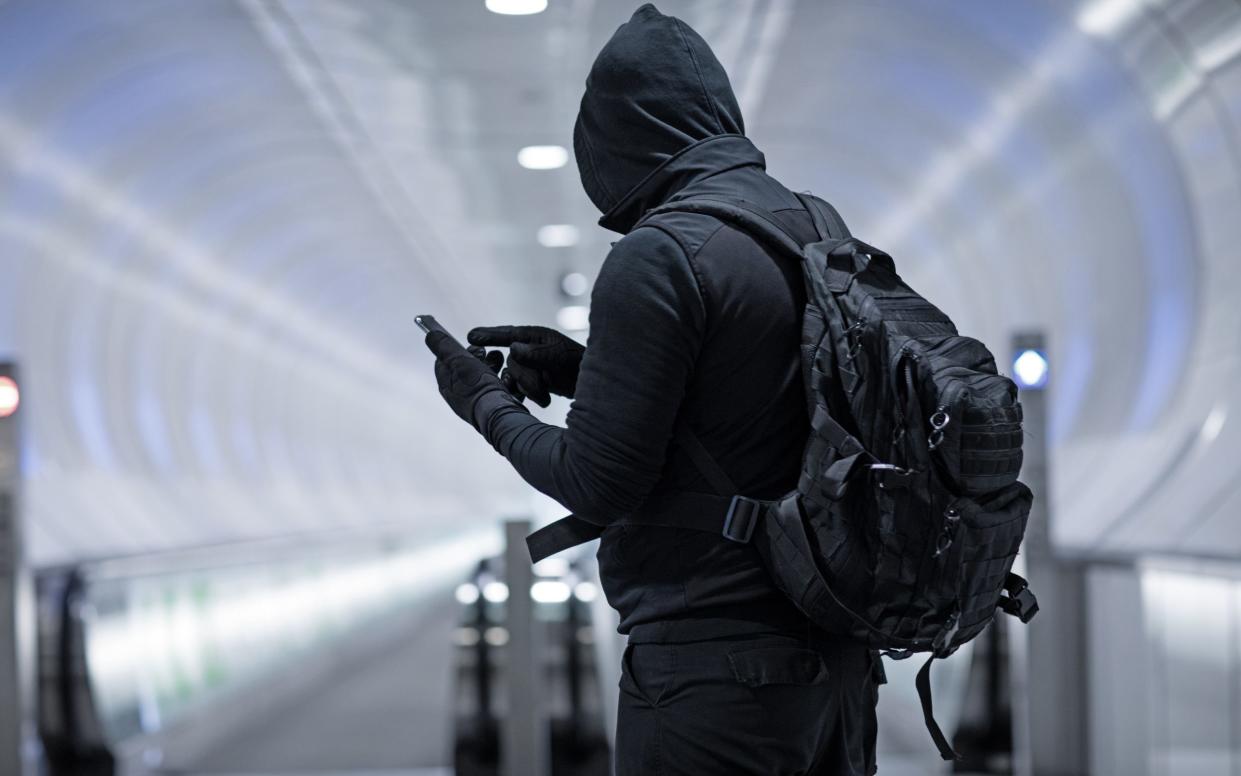£110k grant for group that opposes Prevent counter-terrorism programme

A Quaker foundation has given more than £110,000 to an organisation that campaigns against the Prevent counter-terrorism programme.
The Joseph Rowntree Charitable Trust (JRCT) made the grant to Prevent Watch, which argues that Prevent is Islamophobic and that it is “flawed science” to link “beliefs and religiosity to violence”.
The JRCT was endowed by the Quaker chocolatier Joseph Rowntree in 1904 and has a mission to “address the root causes of conflict and injustice”.
Last month, it made a grant of £110,187 to Prevent Watch to pay for a two-year programme labelled “building a coalition – outreach and engagement”.
Prevent Watch describes itself as an “independent, community-led initiative which supports people impacted by Prevent”.
On its website, the group says it exists to “support clients and build confidence in communities by supplying people with the tools they require to challenge Prevent and the environment of fear that it has created”.
Prevent Watch claims the programme “evokes a language of fear and violence to criminalise religious and political beliefs deemed by the Home Office and the commissioner for countering extremism to be ‘extreme’ at any given time”.
‘Institutionalised Islamophobia’
The group argues that Prevent is an example of “institutionalised Islamophobia” and “flawed science” because “Prevent’s assumptions linking beliefs and religiosity to violence has no credible evidential basis”.
Prevent Watch has come in for criticism for its activities. In 2022, the Policy Exchange think tank produced a report on “the activist campaign to demonise Prevent” in which Prevent Watch was mentioned as being part of “inter-related, well-organised, and media-savvy campaigns that have sought to undermine Prevent and counter-extremism efforts”.
Dr Layla Aitlhadj, the director of Prevent Watch who has called for Prevent to be “abolished”, previously worked as an operations manager at the controversial advocacy group Cage.
Last month, the Communities Secretary Michael Gove mentioned Cage in the House of Commons, saying that it was one of several groups giving “rise to concern because of their Islamist orientation and views”. He said that the Government would be “holding those and other organisations to account” to assess whether they met the Government’s new definition of extremism.
In response, Cage has vowed to “explore all avenues, including legal, to challenge the Government’s deep dive into authoritarianism”.
‘Grievance culture’
Commenting on the JRCT funding, Paul Stott, head of security and extremism at Policy Exchange, said there was a “small number” of organisations “often with a rotating cast of donors and employees, who shout very loudly against counter-extremism policies”.
He added: “Their constant protest stimulates a grievance culture which not only damages counter-extremism, but does much to undermine our social cohesion at a time when communities appear more divided than ever.”
A JRCT spokesman said: “Genuine concerns about the Prevent counter-terrorism strategy – which include its impact on free speech and human rights, and its role in causing social division and discrimination – have been repeatedly expressed by Quakers and civil society organisations.
“Prevent Watch’s activity focuses on scrutinising and addressing the impact of the Prevent strategy.
“JRCT considers that it is a key part of a democratic society to be able to scrutinise and challenge government policy and that critically analysing Prevent and its impacts does not undermine the importance of measures to counter extremism. It is also legitimate to support those impacted by government policy and legal measures.”
Dr Aitlhadj said: “Since its inception in 2015, Prevent Watch has supported over 700 innocent individuals adversely impacted by the Prevent programme, a majority of whom are children.
“In light of the evidence, we do not believe Prevent to be a fair, proportionate or effective means of countering terrorism, a stance echoed by numerous NGOs and several UN human rights rapporteurs.
“It’s ironic that proponents of Prevent, who claim to uphold democracy and the rule of law, stifle legitimate criticism of it, and even seek to silence debate.”

 Yahoo News
Yahoo News 
